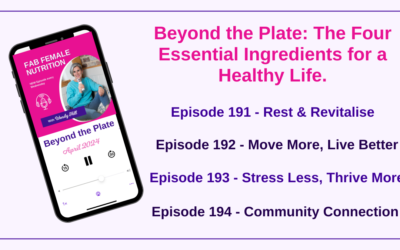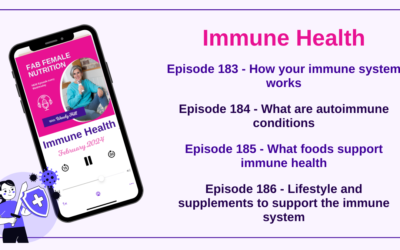The first thing I check with my clients is how much water they are drinking. Water is vital to ensure we function properly. I spent much of my childhood and early twenties suffering from headaches, but it wasn’t until I reached my thirties that I realised it was often due to dehydration. There are issues with people who drink too much water (nutrients in food can be diluted before they are absorbed), but they are few, and most of the people I meet don’t drink enough, are surprised by how much water they should be drinking each day.
Is it just water? We can get fluid from what we drink and what we eat. Those of us who eat lots of who eat a healthy balanced diet with lots of vegetables, salads and fruits will get about up to 30% of our daily requirement from food, but that still leaves a 70 to 80% deficit which we need to drink. Ideally plain ordinary water is best: good old-fashioned tap water is the simplest, cheapest and easiest way to get the fluid your body needs. British tap water is highly regulated, but if you want, you can filter it, personally, I avoid buying bottled water due to the issues with plastic waste, but I’m human and get caught without my refill bottle like everyone else. If you find water boring, then there are lots of natural fruit squashes available, or you could make your own, and the odd glass of fruit juice is fine, but it’s high in sugar, albeit natural sugar; so, don’t have too many.
So, the question is how much, and that is almost, but not quite, like asking how long a piece of string is. It does depend on your weight, your age, what you eat and what the weather is like! So, there is quite a lot to consider, as a rule, you need 1ml water for every Kcal you burn. And what about how much you lose when you exercise? Well you need to weigh yourself before you start exercising and again when you finish, each Kg of weight lost is 1 Litre of water, and then don’t forget to take off anything you’ve drunk whilst exercising – its mind numbing isn’t it?
Ok there is an easier way, guidelines suggest that a sedentary person needs 2 litres of water a day, remembering that we get 20 to 30% from food, it’s not a bad starting point to aim for 2 litres, then add a bit more if you sweat, through exercise or weather conditions. Oh yes, and look at your pee, it should be very pale gold almost clear, if it’s any darker then drink more – simple!
The next question I get asked from clients is, does my tea and coffee count towards my 2 litres? Ideally you should be limiting caffeinated drinks to 3 or 4 a day, and preferably before 6pm but that’s just because caffeine isn’t that great for you, so I would prefer it if you didn’t have too much. You do get some hydration from caffeinated drinks, and typically from a 200ml of coffee you will get 54ml of hydration, that would mean you need to drink over 30 cups of coffee to hit your 2 Litres a day, now I don’t think I’ve ever had a client that has drunk that much!
If all that’s as clear as muddy water then please email me and I’ll arrange for us to catch up over a glass of water to discuss it !




